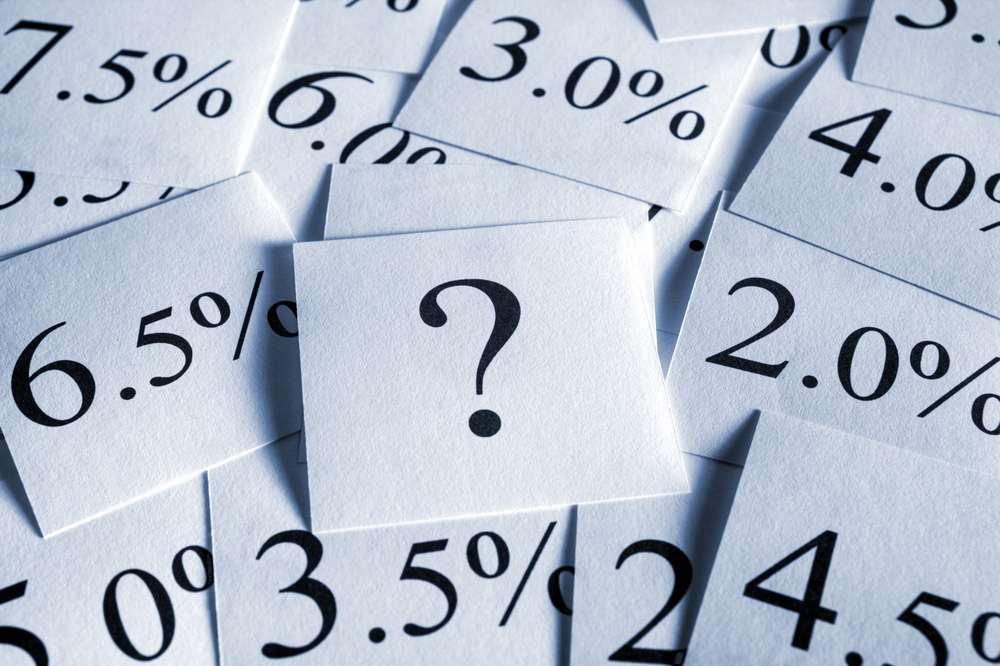 We don’t always realize it, but our financial lives are connected to interest rates.
We don’t always realize it, but our financial lives are connected to interest rates.
This includes everything from your home, to your credit card, to your savings account, to the national debt.
After years of low interest rates, the Federal Reserve has announced that it will be raising interest rates over the course of the year.
Let’s look at how these changes can affect you.
Credit Cards
According to a study by WalletHub, the 25-basis-point increase in the federal funds rate is expected to lead to $1.6 billion in added finance charges this year for the 157 million Americans who carry a balance on their credit cards.
That could add up to an extra $168 for the year, per household. Keep in mind, the higher your credit card balance, the more you’ll owe.
If you’ve been thinking about consolidating your interest by taking advantage of a zero percent interest card, now is the time to do it. Just make sure that the zero percent rate lasts long enough to be worthwhile. Also, make sure that the regular rate isn’t more than you’re currently paying.
This may also be a good time to consider a Debt Management Plan. With a Debt Management Plan, you can lock in a lower interest rate for three to five years, and pay off your credit card debt on a fixed schedule.
Mortgages
If you have a fixed rate mortgage, the rate hike shouldn’t affect you. However, if you have a variable rate mortgage, you could see an increase in your monthly mortgage payments. This could add up to tens of thousands of dollars over the life of your mortgage.
If you’re looking to buy a new home or re-finance an existing mortgage, you may find yourself facing higher interest rates, especially if you have credit issues.
On the positive side, the amount of new mortgage contracts being issued goes down as interest rates go up. Because of this, it may reduce competition in competitive real estate markets. Also, brokers may start loosening their requirements for new mortgages to stay competitive.
That can make it easier to find a home if you’re looking to buy, but try to lock in a mortgage rate sooner rather than later.
Savings
While it’s always a good idea to save, now is an especially good time to start directing income into a savings account. This is because banks are most incentivized to raise interest rates for savings accounts when the federal funds rate is high because they need the incentive to attract more depositors.
Because of this increase, banks may be more inclined to offer favorable terms to those who are ready to open a new savings account.
Student Loans
If you’re carrying student loans now, you’re fine. However, if you’re looking to take out loans in the future to pay for college for yourself or a child, borrowing rates may rise because federal student loans are tied to the 10-year treasury rate, which in turn factors into the Fed’s planned increase over the next decade.
Concerned about how the rise in interest rates will affect you? Want to gain a better understanding of your financial situation? Interested in a Debt Management Plan?
Schedule a free counseling session today or call us at 800-920-2262.






